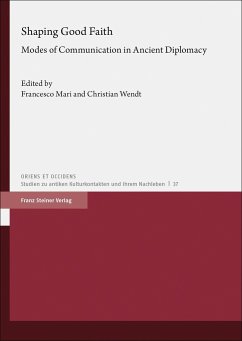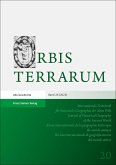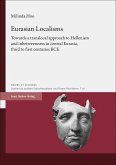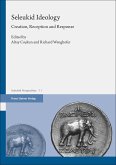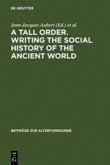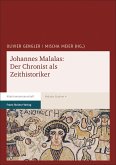The instauration of a bond of good faith between the parties played a crucial role in ancient diplomatic agreements. On the one hand, ancient authors often highlight the multi-faceted character of good faith and the ambiguities that marked many of the ritual practices used to create it. Yet it is precisely this complexity of good faith that paves the road for modern historians to enquire on aspects such as its legal implementation, its effectiveness in creating lasting bonds or its moral implications. Forms of ancient diplomacy were often meaningful, and so were breaches of the diplomatic etiquette. The code of diplomatic communication was an extremely important channel for shaping policy (and good faith) and is therefore a fruitful heuristic tool for analysing interstate encounters in antiquity. The contributions collected in this volume offer a multifaceted, if preliminary, illustration of ancient diplomatic good faith, focusing primarily on Greek, Persian-Achaemenid, and Romancultures, but also on the Hellenistic kingdoms and the Parthian Empire.

